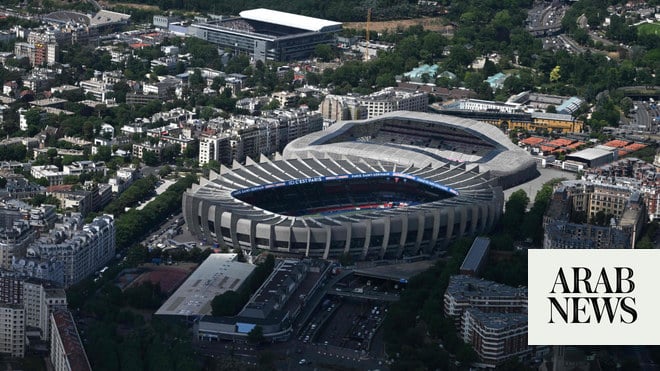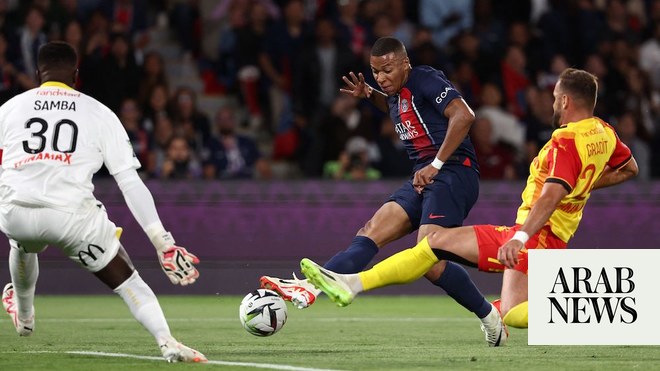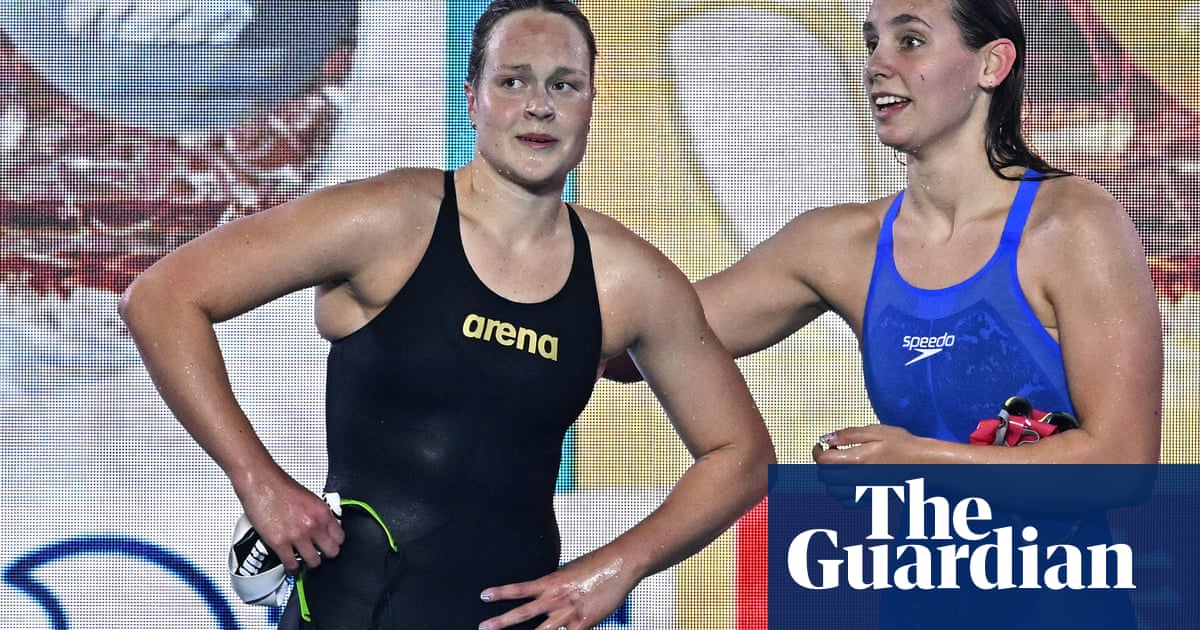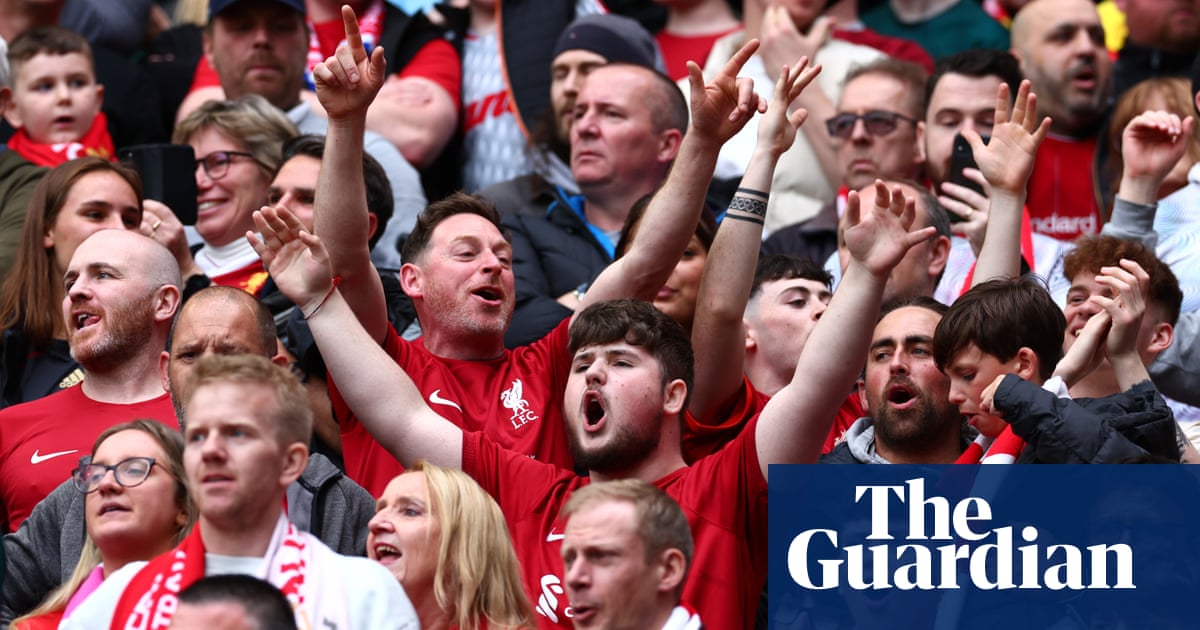
The Paris Olympics passed its first major security test as the appearance of the Israel men’s football team was greeted with little more than boos at a half-full Parc des Princes stadium.
France’s interior minister, Gérald Darmanin, had promised an “anti-terror periphery” around the first appearance of Team Israel at the Games amid concerns of large-scale protests in the stadium or worse. The timing of the game against Mali, taking place as the country’s prime minister, Benjamin Netanyahu, was making an appearance in the US Congress, had only added to the security concerns, but there was instead an eerie lack of atmosphere outside the stadium.
Inside the relatively sparsely populated 48,000-capacity stadium the Israeli national anthem, Hatikvah, was played to loud jeers, but even these were largely overcome by the singing of enthusiastic fans. Israel’s team bus had arrived an hour and 45 minutes before the game with 20 outrider motorcyclists and a further two dozen police vans at the rear, to only the sound of police sirens and the buzz of helicopters overhead.
Fans carrying the flag of Israel said they had no concerns about the game, although anecdotally some with tickets had chosen not to attend after it had been designated as “high risk”. Lyrome Barouk, 19, an Israel supporter who was attending with his brother and sister, said he had been worried about coming to the game. “God is protecting us,” he said.
Around 1,000 French police officers and dozens of soldiers from the anti-terrorism operation codenamed Sentinelle lined the streets before and after the evening tie. Darmanin had spoken earlier of his concerns about both the Israel game and a match between Ukraine and Iraq in the south-eastern city of Lyon.
In a sign of early security jitters, some spectators trying to attend an earlier game at the Parc des Princes between Uzbekistan and Spain had been unable to get to their seats for kick-off after a suspicious bag forced police to close off a nearby area. A number of Israeli athletes had also reported receiving death threats while pro-Palestine groups had spoken of demonstrating inside the stadium. A group of around eight people bearing Palestinian flags in what appeared to be the VIP section of the stadium caused a small flurry of consternation for a few security guards, but it was a peaceful protest.
There was then some angry remonstration from Israel fans at the sight of a few men carrying inflatable watermelons, regarded as a sign of resistance in Palestine, but those shouting abuse were asked by officials to calm down. The situation never appeared at risk of escalating, even when the Israel team scored.
Speaking at the game, which ended with Israel drawing 1-1 with Mali, Darmanin told reporters of his satisfaction with the operation. “We owe this security to the whole world,” he said. “The threats to our country are the threats that concern the western world.”
Earlier in the day, at their training headquarters in Croissy, 12 miles west of Paris, the Israeli players had been asked by their minders to avoid answering political questions from reporters.
Quizzed about security, three of the players had repeated that they were comfortable, ready and pleased to be in Paris. “We came here to win and achieve things with this team and are very excited,” Omri Gandelman, a midfielder who plays for the Belgian club Gent, had said. “We have a job to do.”
Guy Luzon, the team coach, who oversaw the squad’s first Olympic qualification since 1976, had also said that he had no concerns over the atmosphere in the stadium. “It will be a great atmosphere and I’m sure we will have a lot of supporters,” he said. “We don’t care what happens around us.”
A spokesman for Israel’s Olympic team said: “The committee is focusing on sports. Any manifestation that there will be or not is completely irrelevant. The position is here to play, leaving politics aside.”












